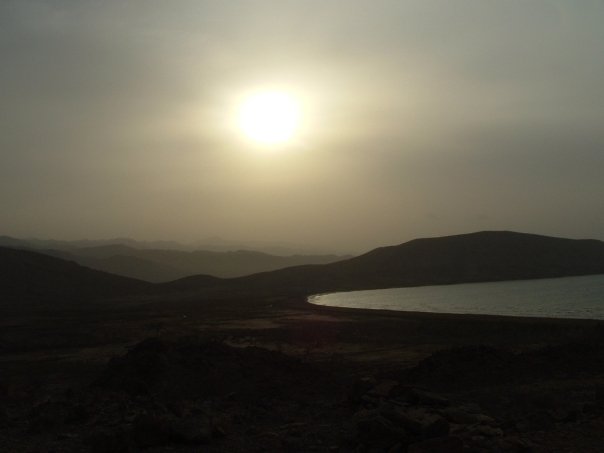This week, Eritrea turns 26. As has become the norm, the Eritrean people will celebrate this day in a diverse range of ways: some will attend colorful festivities within their communities, many may engage in a day of quiet remembrance, and others will mark the day with some mix of the two. Both within Eritrea and in diaspora communities around the world, Eritreans will, in one way or another, pay homage to the sacrifices of so many young men and women who paid the ultimate price for Eritrean statehood.
As many Eritreans will recall, May 24, 1991 was the day that the Eritrean People’s Liberation Front captured Asmara, bringing an end to a long war of national liberation. The road to victory had many twists and turns, highs and lows, and was marked by significant uncertainty. That national liberation was secured, against long odds, was largely a testament to the perseverance and unity of the Eritrean people.
Yet, as we have argued before, May 24th, and other national holidays like it, should be about more than historical remembrance. Independence Day is an opportunity to mobilize and recommit ourselves to the project of nation building by leveraging our history for the purposes of progress and development. The past cannot stay the past if it is to have deeper and lasting meaning.
In part, this means that we must continually ask ourselves what the lessons of Eritrean history are. Without understanding the principal lessons of the Eritrean struggle, we cannot chart a path forward. For the diaspora, there are few key points to consider.
First, the unity and coherence of the Eritrean people has been its most vital and important asset. Independence would not have been possible had it not been for Eritreans from diverse backgrounds coming together behind a common purpose. Trust, shared sacrifice, and cooperation, in the midst of great ethnic and religious diversity, are core Eritrean values that were given life in the liberation era. A society, like a chain, is only as strong as its weakest link, and without reengaging and reconnecting the disparate elements of our current body politic, we cannot make real, sustainable progress. This will require an individual commitment to being kind to one another, whatever our political differences might be.
Second, the linkage between the diaspora and the homeland was a profoundly important dimension of the Eritrean struggle. This is not a point that requires much explanation. In ways that we each find to be valuable, we must continue to engage in the affairs of our homeland so that it may reach new heights. This is a particularly important task for the generation of Eritreans that have come of age abroad and will be the face of the diaspora in coming years. At the same time, in order to productively support Eritrea, we must turn ourselves into productive citizens in our adopted homes. This is why EDN continues to invest in the development and human capital of the Eritrean diaspora, because without helping yourself, you are in little position to assist others.
With these two points in mind, the Eritrean Diaspora Network wishes you a happy independence day!
Best Wishes,
The EDN Team

